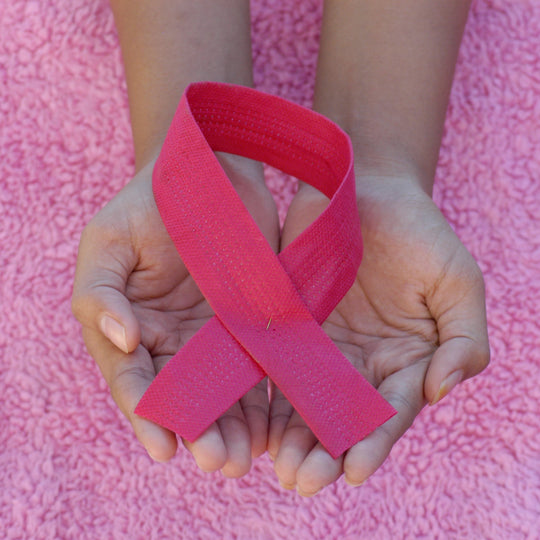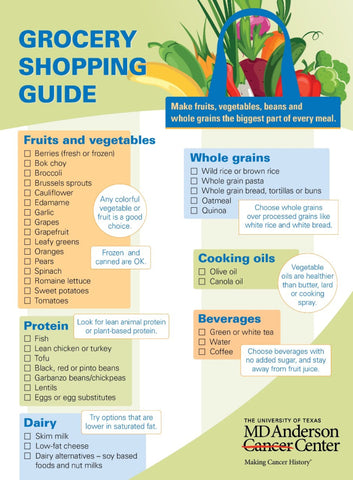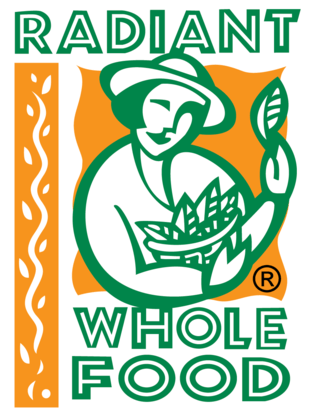
Jan 31 , 2021
Cancer: Lower your risks
A healthier lifestyle includes a balanced diet and regular physical activities.
You are what you eat.
What you eat can affect many aspects of your health. The development of cancer, in particular, has been shown to be heavily influenced by your diet.
Looking for a list of cancer-fighting foods to add to your grocery list? Experts say you can reduce – but not eliminate – your cancer risk by focusing on plants and making healthy food choices.
- Focus on plants (veggies, whole grains, nuts, fruit and plant-based protein) - plant foods are often loaded with phytochemicals, also called phytonutrients. Phytochemicals are compounds found in plants that can help prevent chronic diseases like cancer.
- Make choices that will help you manage your weight.
- Avoid/Limit foods that are known to increase cancer risk such as processed meat, red meat and alcohol.
Some choices include
- Broccoli - contains sulforaphane, a plant compound found in cruciferous vegetables that may have potent anticancer properties.
- Carrots - Several studies have found that eating more carrots is linked to a decreased risk of certain types of cancer like prostate, lung and stomach.
- Beans - high in fiber, which some studies have found may help protect against colorectal cancer
- Berries - high in anthocyanins, plant pigments that have antioxidant properties and may be associated with a reduced risk of cancer.
- Cinnamon - well-known for its health benefits, including its ability to reduce blood sugar and ease inflammation.
- Nuts - Research shows that some specific types like Brazil nuts and walnuts may also be linked to a lower risk of cancer.
- Turmeric - a spice well-known for its health-promoting properties. Curcumin, its active ingredient, is a chemical with anti-inflammatory, antioxidant and even anticancer effects.
- Flaxseeds - High in fiber as well as heart-healthy fats, flaxseed can be a healthy addition to your diet.
- Whole grains - contain other substances that might battle cancer, including lignans, which act as antioxidants, and saponins, which could keep cancer cells from multiplying.
- Green Tea - a powerful antioxidant and may be an important part of an anti-cancer diet.

Credit Image: https://www.mdanderson.org/publications/focused-on-health/36-foods-that-can-help-lower-your-cancer-risk.h12-1592991.html
Be Aware
Protect yourself by going for screening tests which can help detect malignancies in their earliest stages, but you should also always be alert for symptoms of the disease;
- C: Change in bowel or bladder habits
- A: A sore that does not heal
- U: Unusual bleeding or discharge
- T: Thickening or lump in the breast or elsewhere
- I: Indigestion or difficulty in swallowing
- O: Obvious change in a wart or mole
- N: Nagging cough or hoarseness
*A simple reminder developed by The American Cancer Society
Early diagnosis is important, however prevention is always better. Reduce your risks by following good healthy habits such as;
- Eating a well-balanced diet including fruits, vegetables and whole grains
- Exercising regularly
- Avoiding tobacco in all forms including exposure to secondhand smoke
- Reduce drinking alcohol, limiting to an average one drink a day
- Make quality sleep a priority
- Be aware of what you use on your skin as some products contain harmful chemicals. Choose safer products.
It has become increasingly clear that your diet can have a major impact on your risk of cancer. It’s a safe bet that a diet rich in whole foods, paired with a healthy lifestyle, will improve many aspects of your health.
This article contains material sourced from below sites











